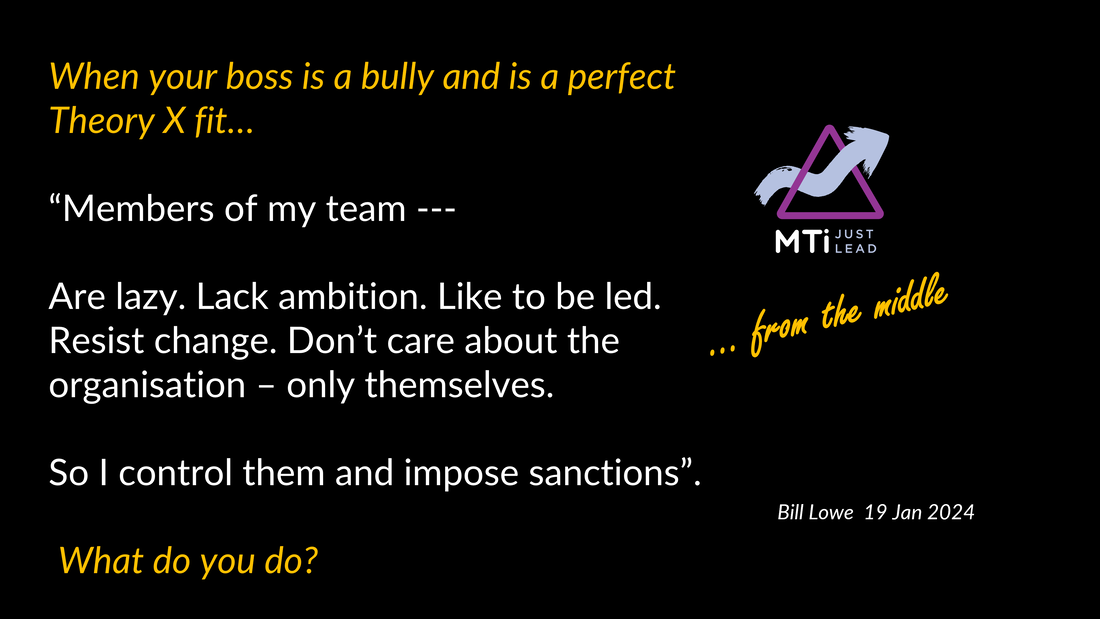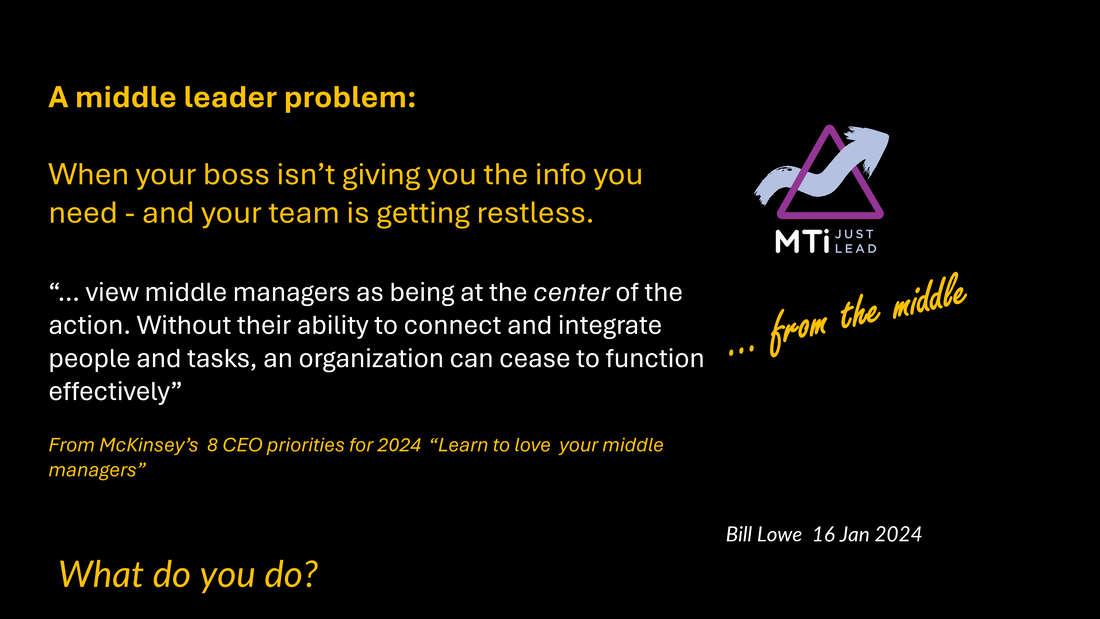Our thoughts and ideas about middle leadership and management
Our latest published middle leadership articles, posts and sometimes random thinking will be added along with some items from before |
Paragraph. Cliquer ici pour modifier.
Paragraph. Cliquer ici pour modifier.




 RSS Feed
RSS Feed

